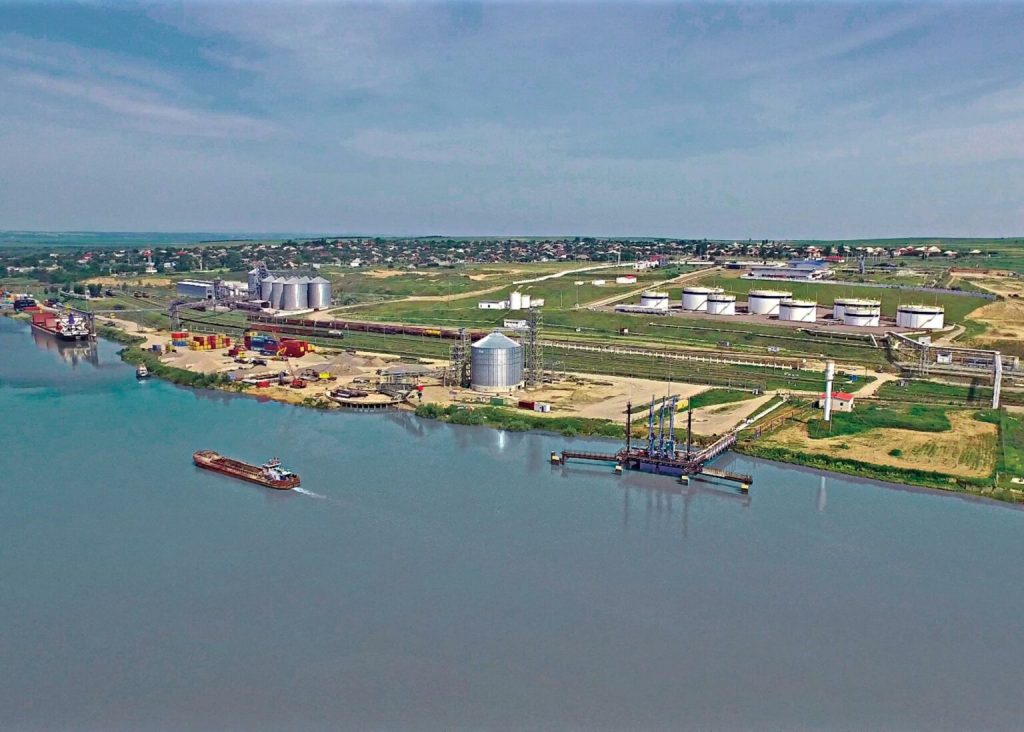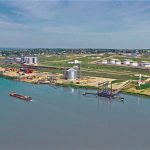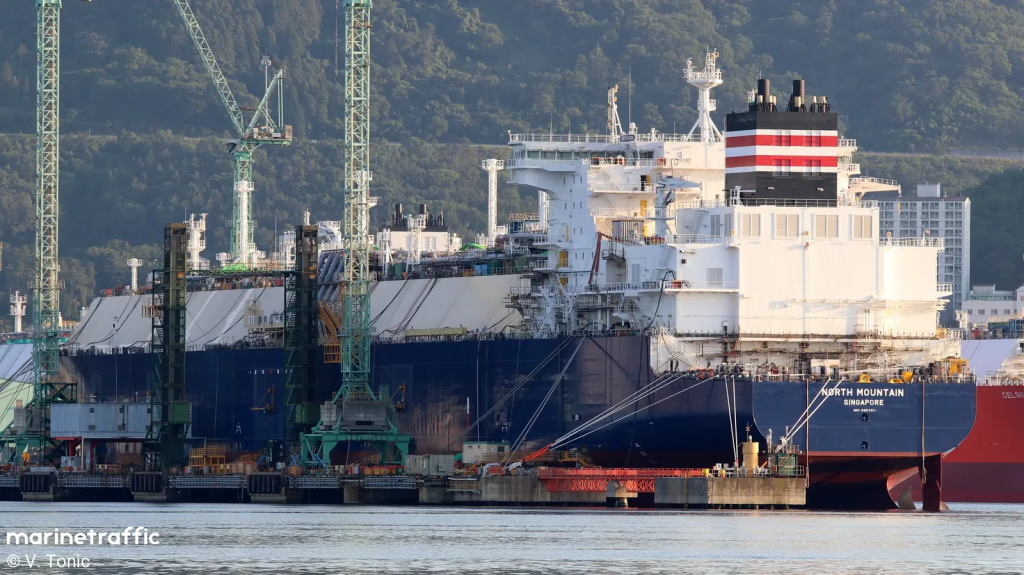Due to the Navy’s ban, ships with saltpeter and ammonia are diverted to Giurgiuleşti and Galati

The decision to ban was made by the Commander of the Navy, Vice Admiral Oleksiy Neizhpapa, on July 7.
Due to the ban of the Ukrainian Navy on the admission of explosive cargo to Ukrainian ports, some ships with saltpeter and ammonia are being redirected to the Moldovan port of Giurgiuleşti and the Romanian port of Galați, writes Infoindustry.
Against the background of the ban, several meetings have already been held between the Navy, the USPA and business, but the restrictions remain in force. Importers are waiting for further decisions from the head of the Odessa OVA, Oleg Kiper, but without the position of the Cabinet of Ministers, the situation is unlikely to change.
Thus, two importers have already redirected cargo to alternative ports. At the same time, such logistics increases the cost of saltpeter for Ukrainian farmers: on the domestic market it costs 24–25 thousand UAH/t, while in Bulgaria it is offered for 380 euros/t FCA-Devnya.
In the first half of 2025, more than 100 thousand tons of saltpeter were imported by sea – 53% of the total volume. For comparison: in 2024, sea deliveries accounted for 44%. Sea logistics made it possible to save 10–20 euros per ton compared to land routes.
A significant part of imports (90.2 thousand tons in 6 months of 2025) are deliveries from Poland. But without the unblocking of the sea channel, prices will remain under pressure.
Recall that USM recently reported that FSB agents were preparing a missile strike on a saltpeter storage facility in the port of Odesa region.





